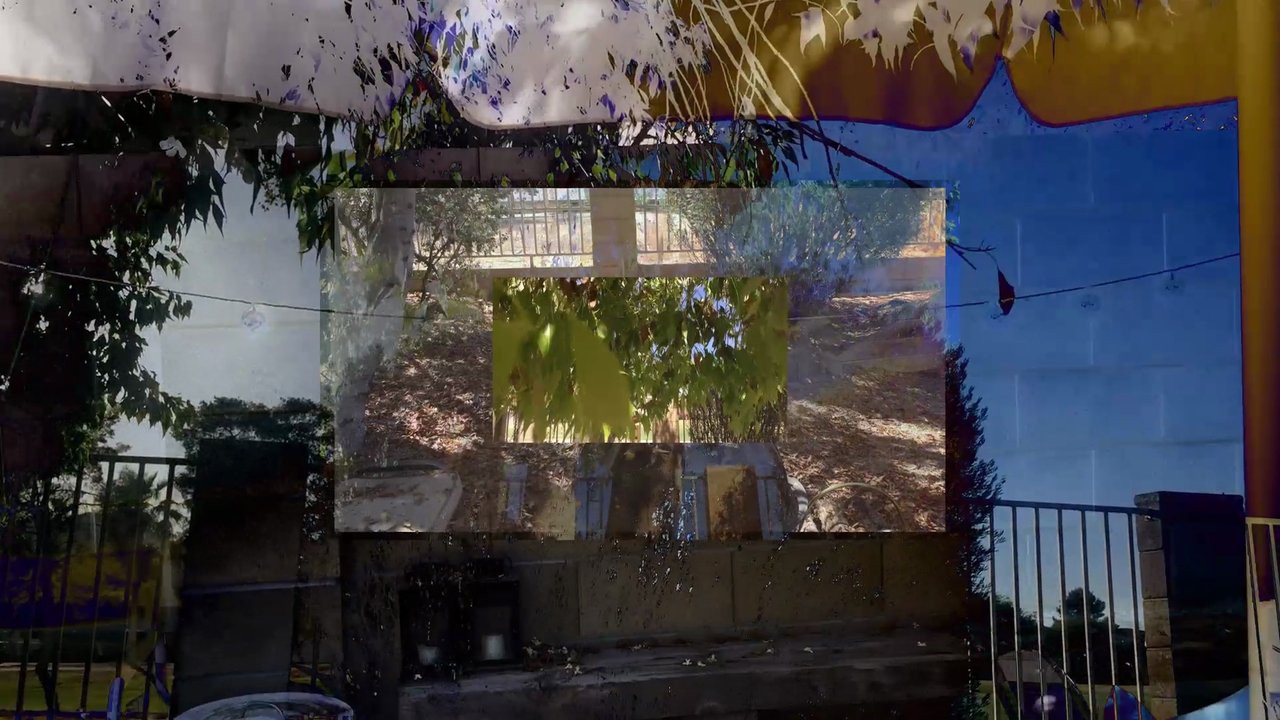
Kinda Cool to Expend This Much Drool (2017)
Don't ask me why, but I feel we're about to cry trying.

Don't ask me why, but I feel we're about to cry trying.
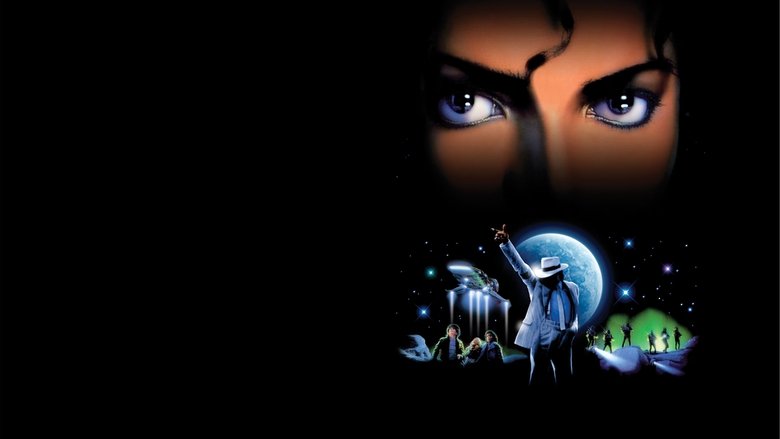
This fantastical movie inspired by the music of Michael Jackson features imaginative interpretations of hit tracks from the iconic 1987 album “Bad”.
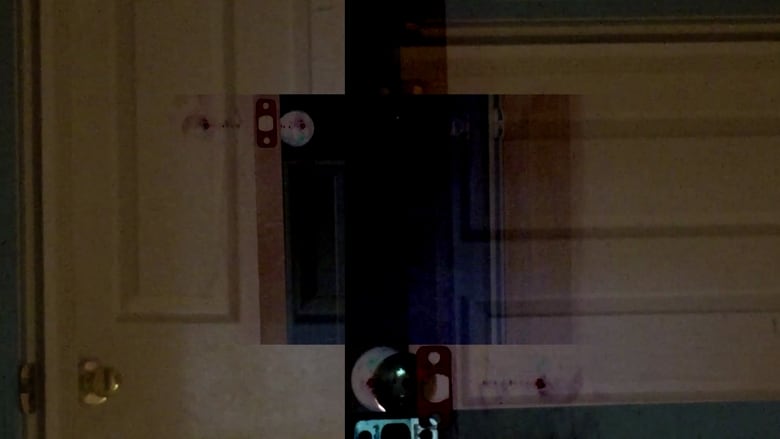
Rather pointless, rather stilted, fetid; not what we want us going after.
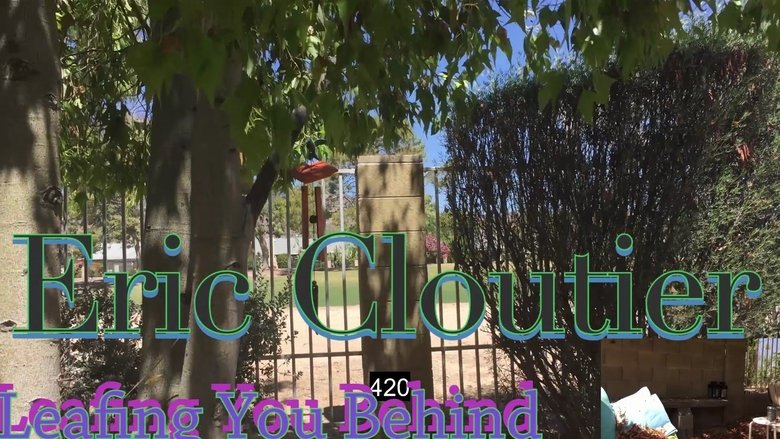
Abandoning the Abaddon-loathed abandoner opens plenty of reclaimed... everything(s).
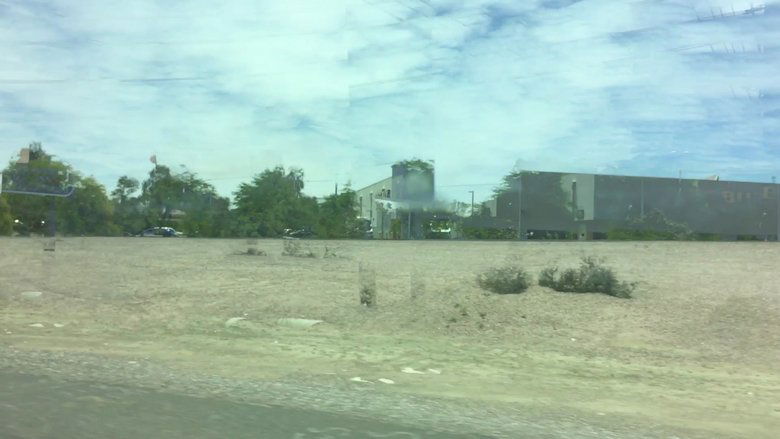
This cacophony runs over me, over everything I see, everything I want to see: it's me.
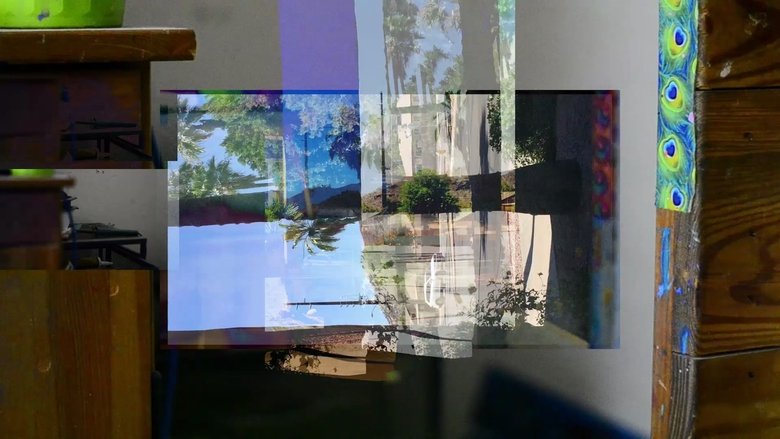
Hiding inside&out, writhing about, taken out&in.
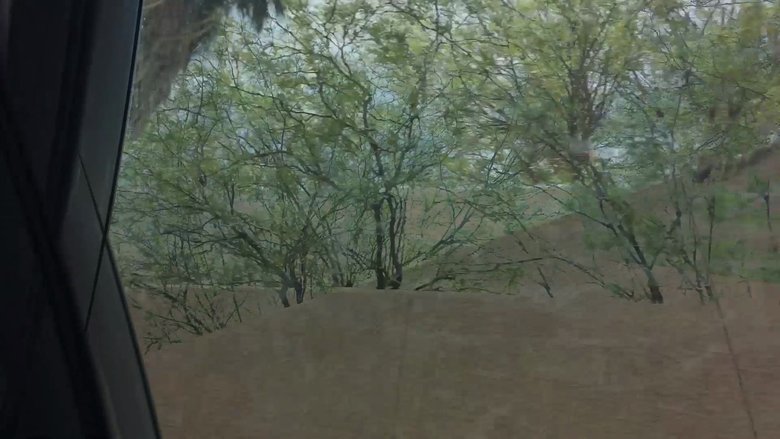
Locked away but not away; somewhere nearby but unreachable, a periphery so notfaroff it's always in sight.
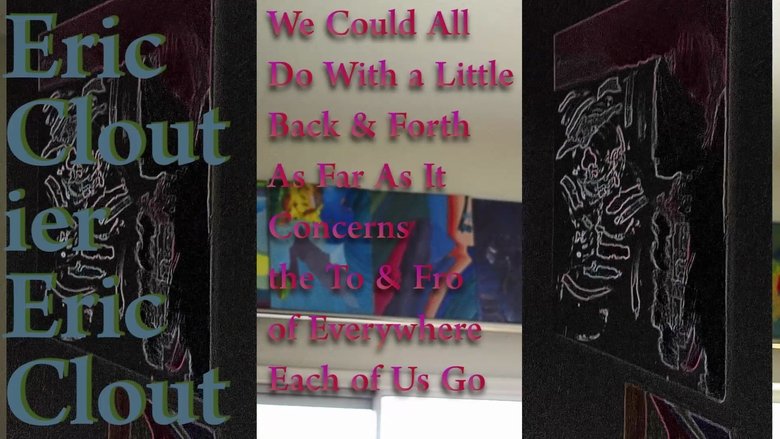
(Some of us) Still run down the same [mental&emotional] streets we revered/reproached/replaced as children.
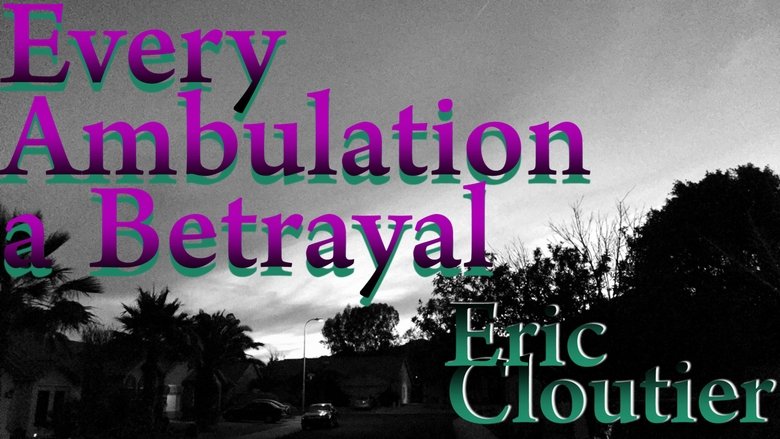
Return to 'burn' only to find out you're already in that urn.
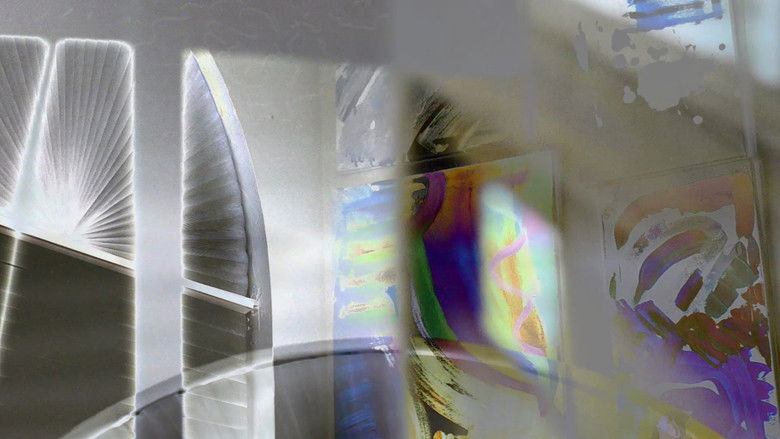
Slowed, stowed, achingly retold.
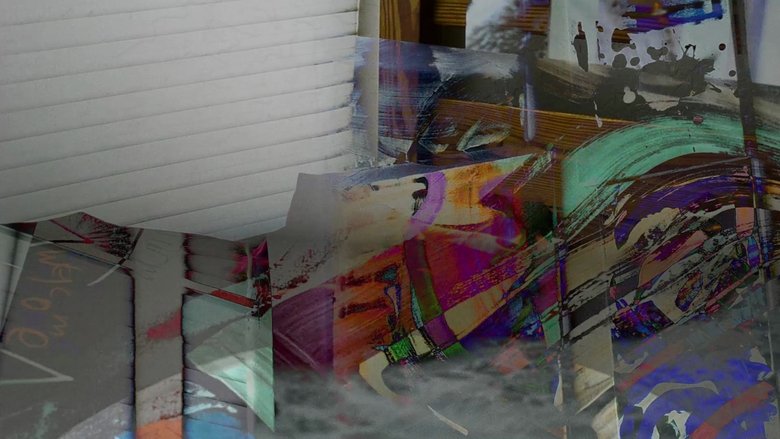
Pounding backbeats beaten by [(Don't Get)] warm[welcomes]th.
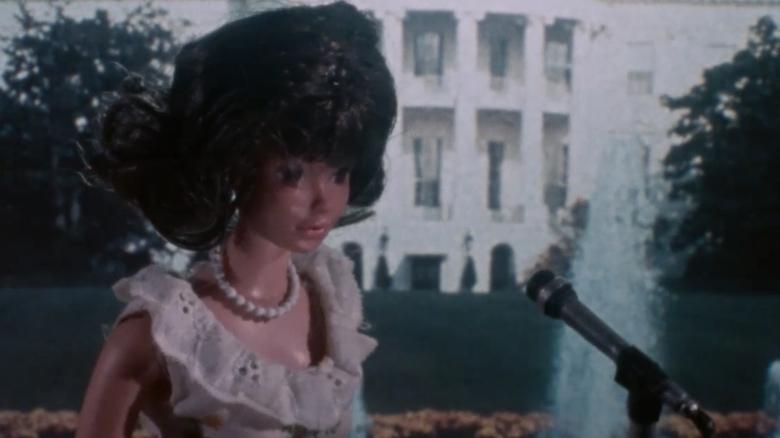
The final 17 years of American singer and musician Karen Carpenter, performed almost entirely by modified Barbie dolls.
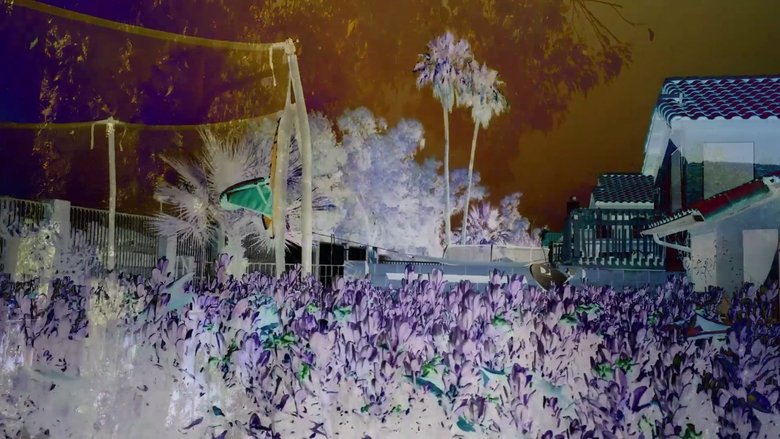
Your raging romp results only in rescinded regret @ the hands of radder cadets.
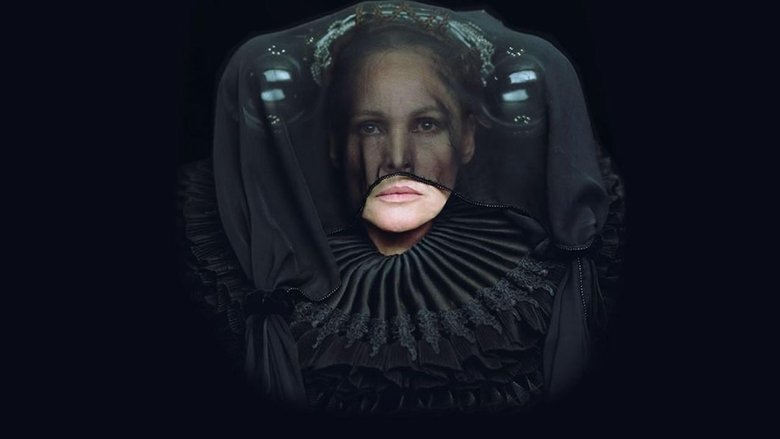
Cremaster 5 is a five-act opera (sung in Hungarian) set in late-ninteenth century Budapest. The last film in the series, Cremaster 5 represents the moment when the testicles are finally released and sexual differentiation is fully attained. The lamenting tone of the opera suggests that Barney invisions this as a moment of tragedy and loss. The primary character is the Queen of Chain (played by Ursula Andress). Barney, himself, plays three characters who appear in the mind of the Queen: her Diva, Magician, and Giant. The Magician is a stand-in for Harry Houdini, who was born in Budapest in 1874 and appears as a recurring character in the Cremaster cycle.
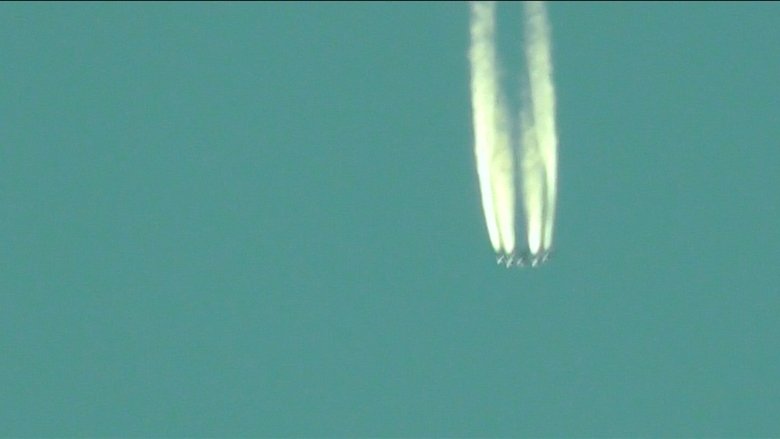
A short film recounting the travels of a lonely astronaut confronted by the unknown. Unfolding as a mystery, it becomes a carefully subtle, autobiographical examination of the feeling of loneliness and the existential issue of not understanding life on earth and ones place among it.
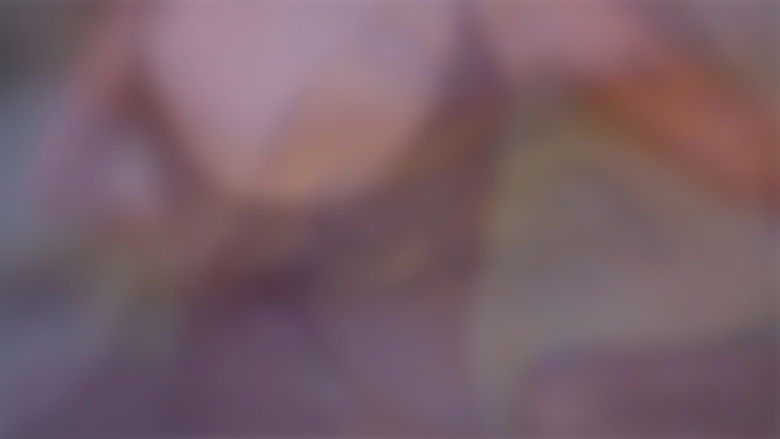
This abstract video art piece was made for the purposes of being a backdrop to a semi-improvisational three person dance piece and live spoken word monologue in collaboration with other artists of various fields. Blurring the line between tradition and creating something new- this work looks at the evolution of artistic practice. Hazy visuals enter the process of creative ideas with such art forms as dancing, drawing, and photography. At an audio standpoint, the score goes through a similar creation by being a recording of a guitar pluck being altered into an atmospheric synth and overlaid with field recordings of art making. The piece takes into account the various ideas and thoughts that go into artistry, and lead the viewer from the traditional aspects of preparation and through to the breaking of tradition to create something unique and personal to the artist.
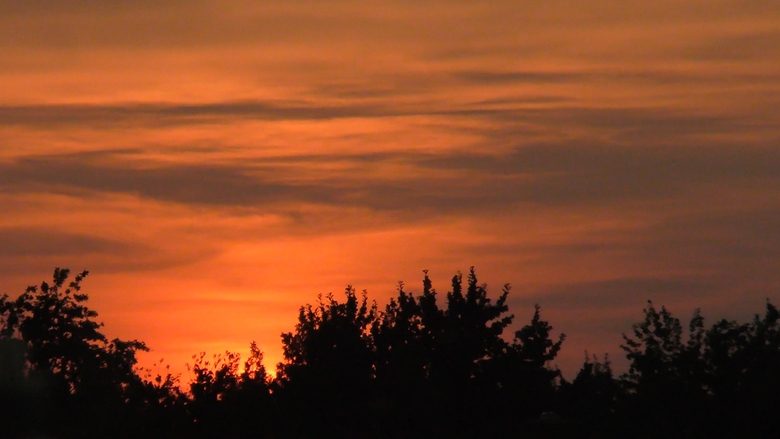
A poetic, semi-autobiographical short film of the sun setting over a village, shot from behind the curtains of a small, dimly lit room.
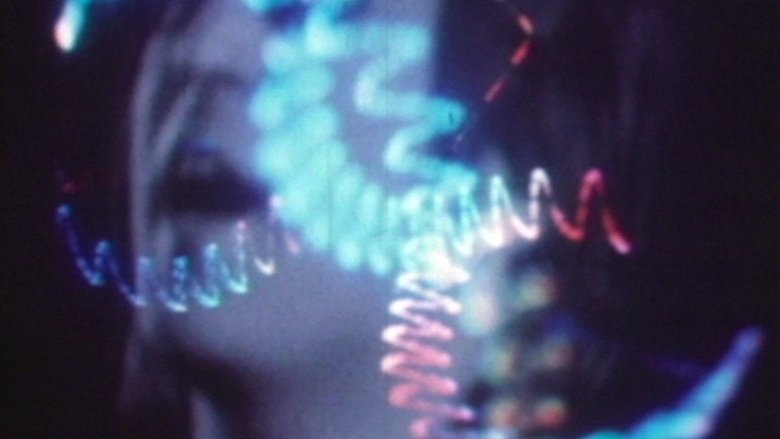
Part of a collection of restored early works by Nam June Paik, the haunting Beatles Electronique reveals Paik's engagement with manipulation of pop icons and electronic images. Snippets of footage from A Hard Day's Night are countered with Paik's early electronic processing.
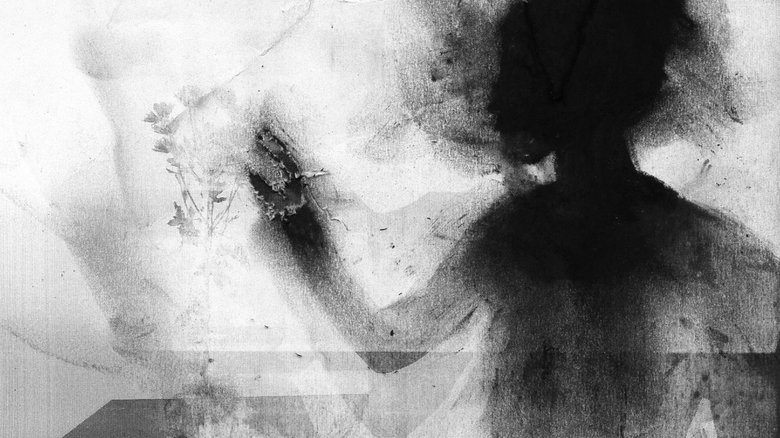
An animated film made from approximately 1700 laser printed photo(collage)s, manipulated by hand.
Adopting mainly hand contact printing with photographic enlarger, «Metaphysics of sound» started from September of 2006 and completed in July of 2007. With a 35mm soundtrack image, I made a hand-drawn soundtrack on the 16mm film strip. The sounds were made either by directly contact printing the 35mm sound tracks or collaging the scratch images. According to pattern of sound on the 20% blank of 16mm film strip (normally used as space for optical recording), I edited whole image and made structure of film. Hence the margin is a where image is sound, and vice versa. Later, I studied the sound patterns which varied according to the kinds of images used or the concentration of the image, and made various attempts at rearranging the structure of the sound with the image.